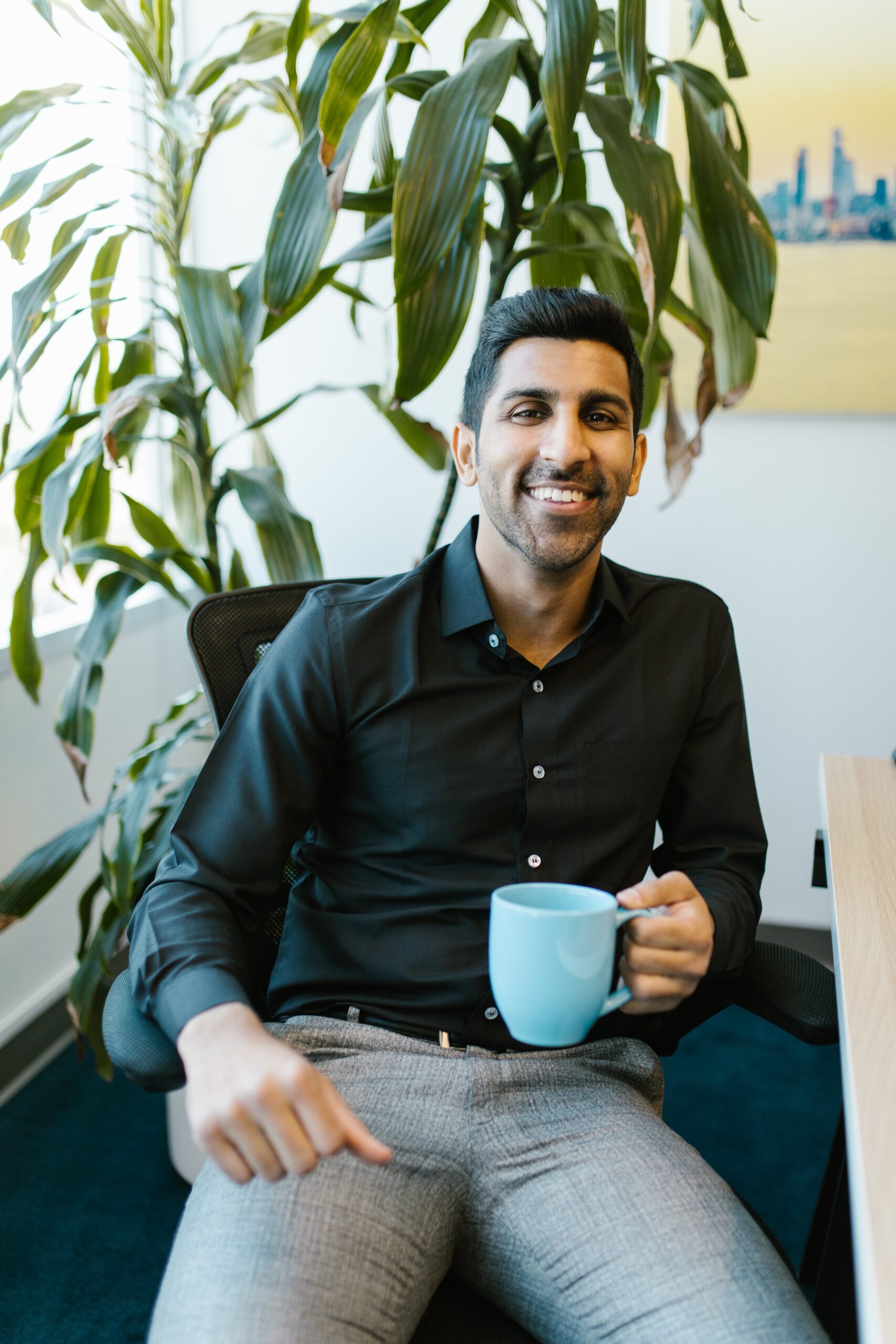Each year, International Men’s Day (19 Nov) reminds us to celebrate men’s contributions to society, family, and community, but it’s also an opportunity to reflect on the challenges many men face behind closed doors. Among the most silent and enduring of these struggles is the difficulty men experience when it comes to asking for help.
Despite growing awareness around mental health, many men still feel immense pressure to appear composed, capable, and self-reliant. From a young age, boys are often taught to suppress emotions, to “tough it out,” “be strong,” or “man up.” While these messages may be well-intentioned, they create deep internal barriers that make vulnerability feel unsafe. Over time, this conditioning can leave men isolated in their pain, unable to express or even identify what they’re feeling.
The Unseen Toll of Silence
When men struggle with stress, anxiety, or emotional pain, they may turn to avoidance strategies instead of seeking support. That might look like working long hours, withdrawing from loved ones, or using distractions to escape uncomfortable emotions. On the surface, these behaviours may seem like coping, but underneath lies a quiet exhaustion.
This silence can come at a cost. Studies have shown that men are less likely to access mental health services, even when they recognize something is wrong. Left unaddressed, internalized stress can contribute to burnout, relationship conflict, and in severe cases, depression or self-destructive behaviours. The weight of unspoken struggles can be immense.
Why It’s So Hard to Reach Out
There isn’t one simple reason why men find it hard to ask for help, it’s a mix of cultural, social, and psychological factors.
- Social expectations: Men often grow up equating strength with independence. The idea of needing help can feel like failure, even when it’s not.
- Fear of judgment: Many fear being seen as weak or incapable, especially in workplaces or environments that reward stoicism.
- Lack of emotional language: Because men are rarely encouraged to talk about their feelings, they may find it difficult to describe what’s happening inside, making it harder to seek the right kind of support.
- Role modeling: When male role models avoid showing vulnerability, it reinforces the message that asking for help is unacceptable.
Recognizing these barriers is the first step toward breaking them.
Redefining Strength
It’s time to rewrite what strength looks like. Strength isn’t about enduring pain alone, it’s about facing it honestly. It’s having the courage to admit when you’re struggling and the wisdom to know you don’t have to do it alone.
When men open up, whether to a friend, a colleague, or a therapist, they reclaim agency over their story. Talking about what’s difficult doesn’t diminish strength; it deepens it. Each honest conversation chips away at the stigma that keeps others silent too.
Asking for help isn’t a sign of weakness, it’s an act of self-respect and courage.
The Role We All Play
For those around men: partners, friends, coworkers, family members, compassion and awareness make a difference. Sometimes, it’s not about having the right words, but about noticing when someone withdraws, changes behaviour, or seems less themselves.
Ask how they’re really doing. Check in without judgment. A simple “I’ve noticed you seem quieter lately, want to grab coffee?” can open the door to a conversation that someone has been afraid to start.
Encouraging open dialogue and normalizing emotional honesty helps men feel seen and supported, creating a ripple effect that extends across relationships, families, and workplaces.
Moving Forward
If you’ve ever found yourself caught between wanting to reach out and fearing what others might think, you’re not alone. Every day, men around the world take that first step toward healing by starting a conversation.
It could be as simple as telling someone, “I’ve been having a hard time lately.” Those small moments of honesty can lead to real change, not just for yourself, but for others who see you doing it.
———————————————
If you or someone you know is finding it hard to open up, talking to a professional can help. Book a session with one of our therapists or coaches today.















